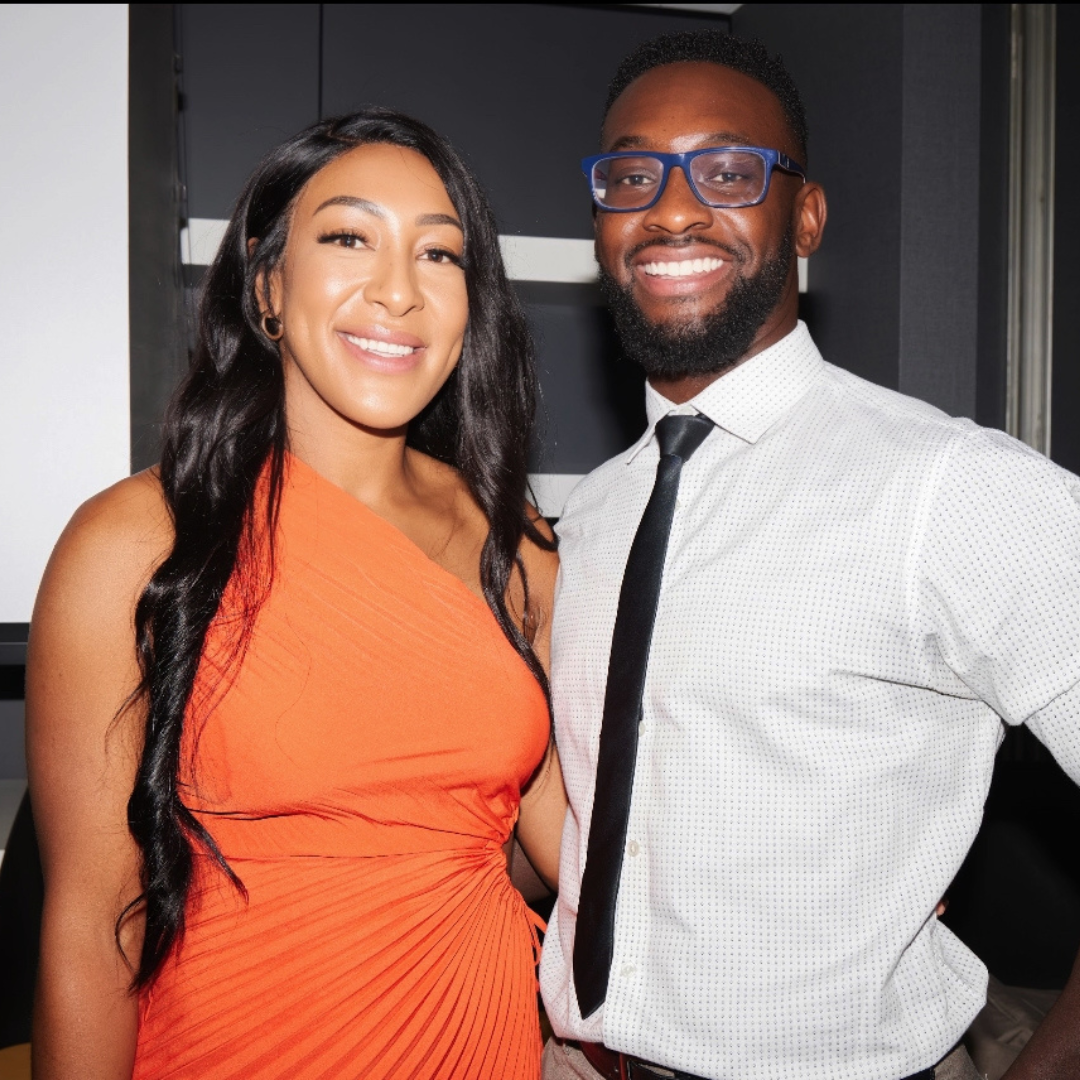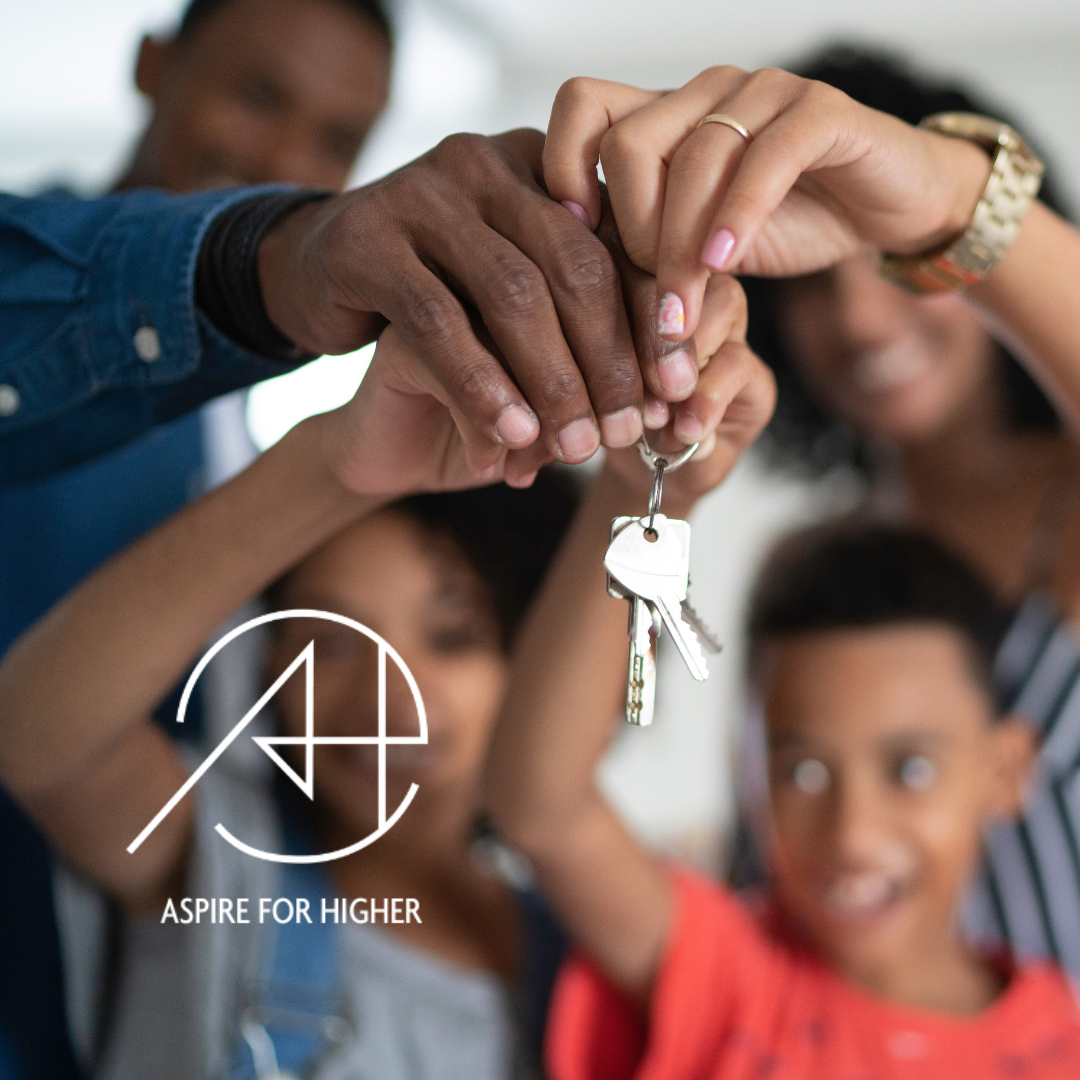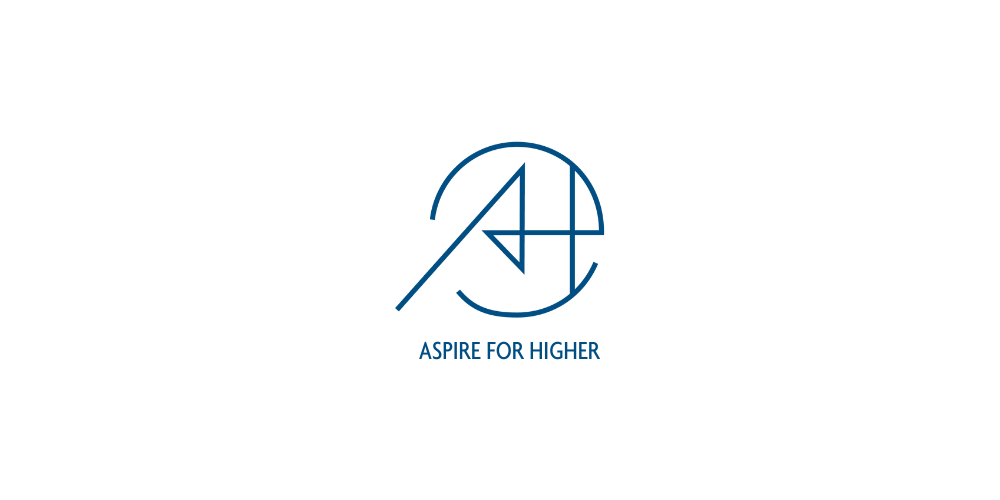The Diets of Society
Amidst the ongoing social and political turmoil surrounding housing, those in positions of power overlook conversations about ending the housing crisis that seeps into every aspect of our communities. It is the people – organizations such as Aspire for Higher (A4H), who are on the front lines attempting to be a part of a design reformation for Black and racialized communities. How can we leverage resources to address a neglected community’s housing and service needs?

Access emerges as a primary concern in serving Black, and racialized communities, encompassing areas such as healthcare, affordable housing, and community resources. Recognizing the interconnectedness of these crucial aspects, Eldon Holder, Vice-President of Social Impact & Stakeholder Engagement for Aspire for Higher (A4H), has been inspired to unite and address these pressing needs.
“The activities we undertook for the project involved a multi-phased approach to design, analyze, structure, market, and implement a community bond product for our A4H social purpose real estate project.”
It is a wonder how at times, a sense of calling can demand more from people, propelling them to become activists and catalysts for change in systems that have let them down. While the overcrowding of limitations in healthcare, housing, resources, food insecurity, job insecurity, and more remains a significant concern for the general public, it seems to have become less of a priority for those in positions of power to address and make these factors accessible to all. These issues are the diets of society, often amplified by caste systems where varying economic statuses determine who benefits most.
To Bridge and to Build
To guarantee better understanding, is to bridge culture gaps. Gaps reveal the misunderstandings of community needs, community spaces, and the cause and effect of neglect. Aspire for Higher aims to create a social impact by setting an example and demonstrating compassion towards those who contribute to society through their livelihoods. They establish a precedent for community perception. Emboldening good governance.
Through support, Aspire for Higher set out to conduct a community engagement design strategy to identify the community’s needs and outline the breadth of the affordable housing and wellness facility project.
“Our holistic approach successfully created a sustainable and inclusive model for social purpose real estate development.”
For systems to deny the requests of people leaves sentimental moods of disappointment and frustration, fostering a sense of detachment from the community. People may feel marginalized and excluded, as if they’ve been pushed to the outskirts. It suggests a growing concern that a society that neglects certain types of communities, seeks to gentrify not only places but also people, eroding diversity and individuality in the process.
The housing crisis disproportionately impacts Black communities in Canada. They are typically those who are most under-housed outside of core housing needs and have the greatest barriers. In some cases, to access housing. We’re on a mission to solve that challenge through building and acquiring and retrofitting homes to accommodate the needs of Black and other marginalized groups. Increased funding will help us do that and advance that cause.
A community-oriented strategy allows residents to not only feel appreciated, but to preserve the identity of the physical fabric of neighborhoods. The outer appearances of spaces are imprints of the heart and soul of people.
By involving residents in the design process, we were able to learn together. The project now fosters a sense of ownership and pride among our network of families and community members. This empowerment, we hope will lead to increased community engagement and a stronger commitment to the success of the project.
“Our future plans for the organization are three-fold: We have a mission to build a wellness facility for Black communities and for Black families to be able to have holistic access to healthcare services. We’ve built the Black healthcare professional network over the last three years and launched the Black healthcare directory, so individuals can find where these healthcare professionals are, who identify with their professional background. The next step in the future is to build a facility that houses these individuals.”

Materialized Seeds
Aspire for Higher’s mission is meant to be generational. It’s the epitome of dreams realized. Community members aim to seek comfort and solace in the places they frequent and the houses they call homes. Striving for greater and more meaningful impact within Black communities, Aspire for Higher embodies the value of good governance and its role in shaping our collective efforts in community activism. We can all add to the seeds that they’ve sowed.
I’ve been part of the work to get the foundation in place, I’ve done a lot of community work to have something like this. This is an opportunity to see the seeds you planted five ten fifteen years ago have materialized into something that is very real and very tangible, and that will hopefully be of value to the community for generations to come. Personally, it feels like a win in a very long game.

